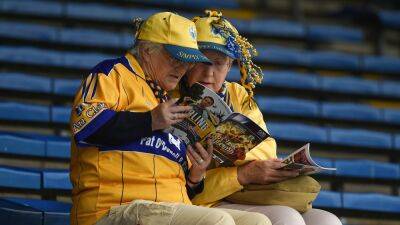The story of how soccer became popular in late 19th century Dublin
By Julien Clenet, UCD
During the 1890/1 season, five different Dublin soccer teams were mentioned in the local press. Ten years later, the corresponding figure was 111 and kept growing thereafter. The Leinster branch of the Irish Football Association (which had been established in Belfast in 1880) was set up in 1892 and was running no less than five leagues and three cups by 1898.
Informal competitions also existed within workplaces or youth organisations. On Saturdays between October and March, hundreds of players gathered to play throughout the city and the suburbs of Pembroke, Rathmines, Kilmainham, Glasnevin, and Drumcondra. Thousands more paid to watch them from the touchlines.
Such expansion was by no means unique to the city and similar developments had been previously seen in the 1870s in British industrial cities and in 1880s Belfast. Soccer was a latecomer to Dublin, but then dramatically took hold among clerical workers and the skilled working class. What was behind this rapid growth - and why was the game so eagerly followed?
The particularities of Dublin soccer essentially lay in the socio-economic infrastructure of the city. Contrary to the English midlands, the Clyde estuary and Belfast, Dublin failed to develop as an industrial hub and remained essentially a city turned towards administration and commerce throughout the 19th century. Working conditions were also considerably worse than in Britain, with longer hours and lower wages.
It was only from the 1880s that this situation significantly improved and allowed a larger portion of the working class to budget for leisure activities. Basically, more men had more time in hand and more money to spend - and Saturday afternoon seemed a good way to do so.
The





